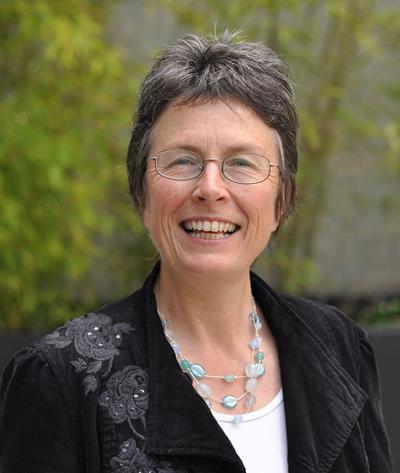Date/Time
Date(s) - 17/03/2021
4:00 pm - 5:15 pm
Categories
Do join us in our third seminar of the Spring 2021 Online Seminar series, dedicated to UK-Russia research cooperation, this coming Wednesday 17 March, to listen to and discuss with Professor Mary Edwards, FRGS (University of Southampton).
Her seminar is entitled “A story of ice and fire: thermokarst in the northern boreal zone“.
‘Thermokarst (thaw) lakes are largely natural features that have moved centre stage with the growing appreciation of rapid arctic warming. Although simple in concept (ground ice thaw leads to surface collapse and pond formation), they are challenging to study, and generalisations about what drives their dynamics can be unhelpful. Fire and thermokarst are also linked, and with the prevalence of fire apparently increasing across much of the northern boreal zone, there is growing concern about their interaction. In Siberia, thermokarst is widespread and has been the subject of research for decades, though currently in Russia a poor economy and low support for research institutions has limited work. This situation and the critical place of Siberia within climate change and the global carbon cycle are strong arguments for international scientific cooperation and a reason to conduct “scientific diplomacy”‘.
About Professor Mary Edwards: “Prof Edwards’ interests are centred on global and regional environmental change: understanding climate-driven and human-driven changes in landscape, vegetation, and ecosystem processes over a range of timescales. She is particularly interested in Northern ecosystem processes and permafrost landscapes – how these intersect with climate change, the carbon cycle and human systems. Currently, she serves as UK representative to Terrestrial Working Group of the International Arctic Science Committee (IASC). Recently, she has developed several collaborations on environmental change with Russian researchers in Siberia and the Russian Far East and co-leads the UK-Russia research group, DIMA. The main geographic regions in which she works are the Arctic and Subarctic of Siberia, Alaska, northwest Canada and Europe, plus the UK and Madagascar”.
- When: Wednesday 17 March 2021, 16h UK time
- Speaker: Professor Mary Edwards, FRGS (University of Southampton)
- Title: A story of ice and fire: thermokarst in the northern boreal zone
- No booking required.
- Venue: Join Zoom Meeting https://us02web.zoom.us/j/8951629892
- Meeting ID: 891 5162 9892

